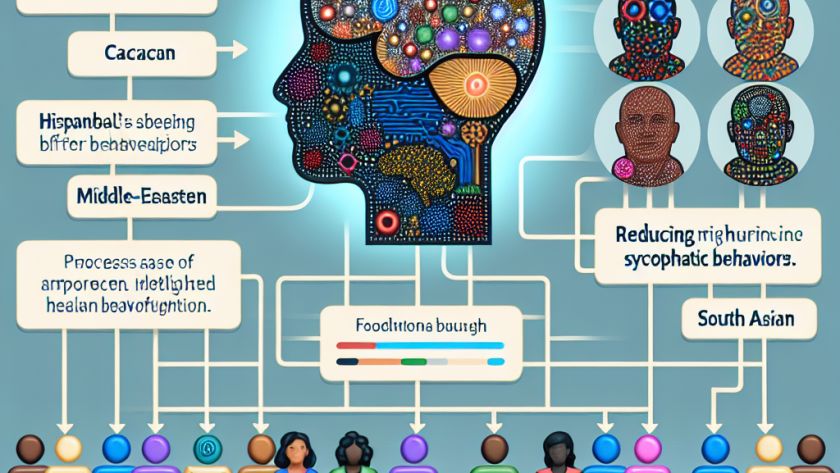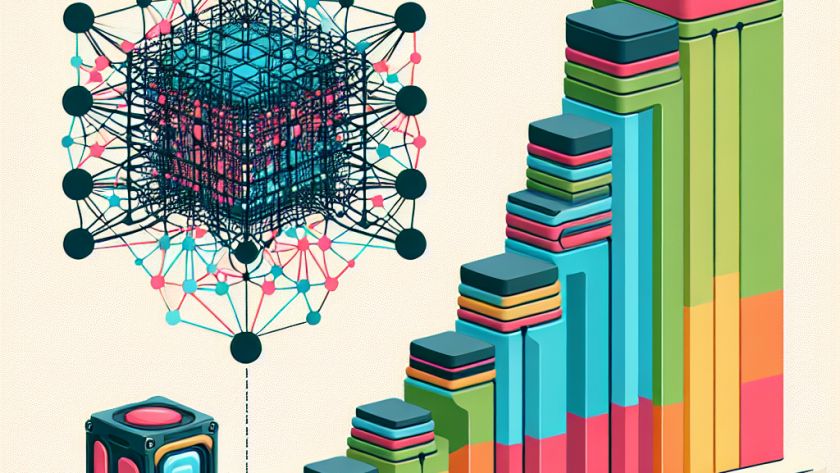Natural Language Processing (NLP) enables computers to understand, interpret, and generate human language. However, enhancing their ability to solve complex reasoning tasks that require logical steps and coherent thought processes is challenging, particularly as most current models rely on generating explicit intermediate steps which are computationally expensive.
Several existing methods attempt to address these challenges. Explicit…












